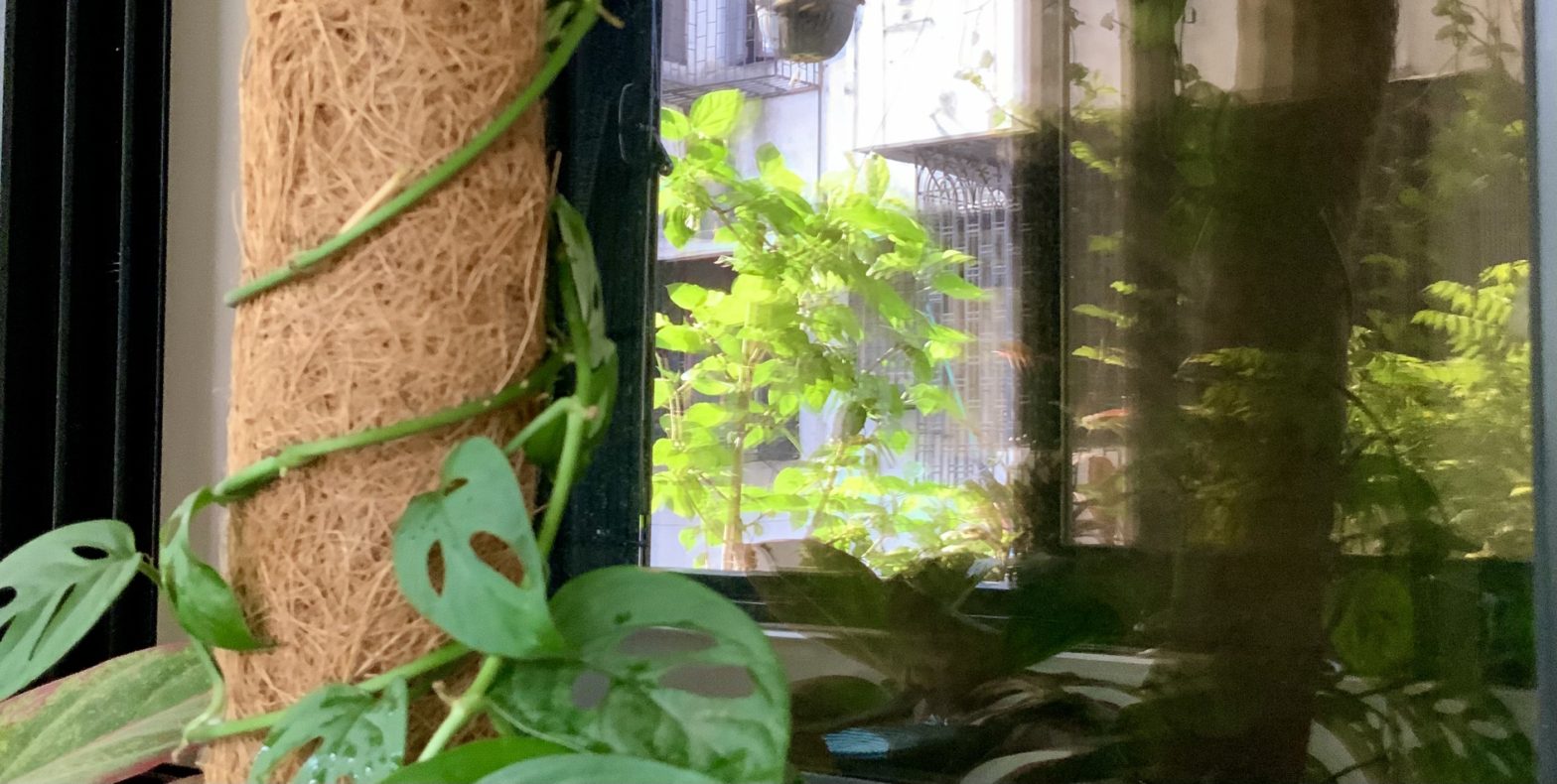The writer, performer and actor Stephen Fry in 2016, on leaving Twitter:
But I would contend that just one turd in a reservoir is enough to persuade one not to drink from it. 99.9% of the water may be excrement free, but that doesn’t help. With Twitter, for me at least, the tipping point has been reached and the pollution of the service is now just too much.
– Too many people have peed in the pool
I think the average experience on Twitter is worse than Fry describes. If you’re speaking with your neighbours on the street outside your apartment and someone cycling by yells an obscenity at the group, it diminishes everyone’s experience. That’s the real world example of a single abusive or divisive tweet in an online interaction.
Even if all you do is browse Twitter, scrolling through arguments and trolls is the online analog of walking past an ugly altercation or scuffle – it mars the outing at best and makes you feel unsafe at worse.
As we live out more of our realities online, even casual online abuse should be unacceptable. Instead, both we and social media companies have normalised it.




